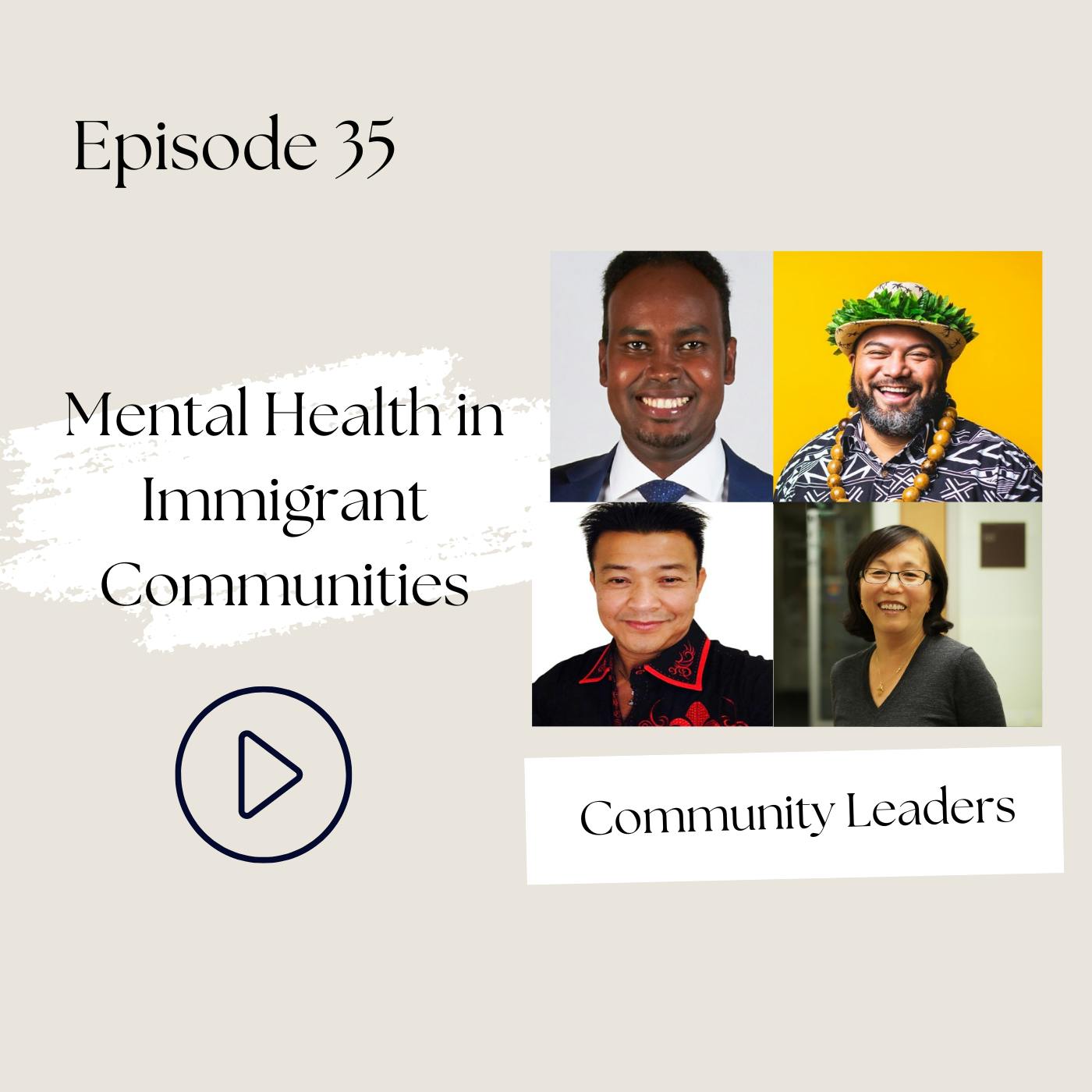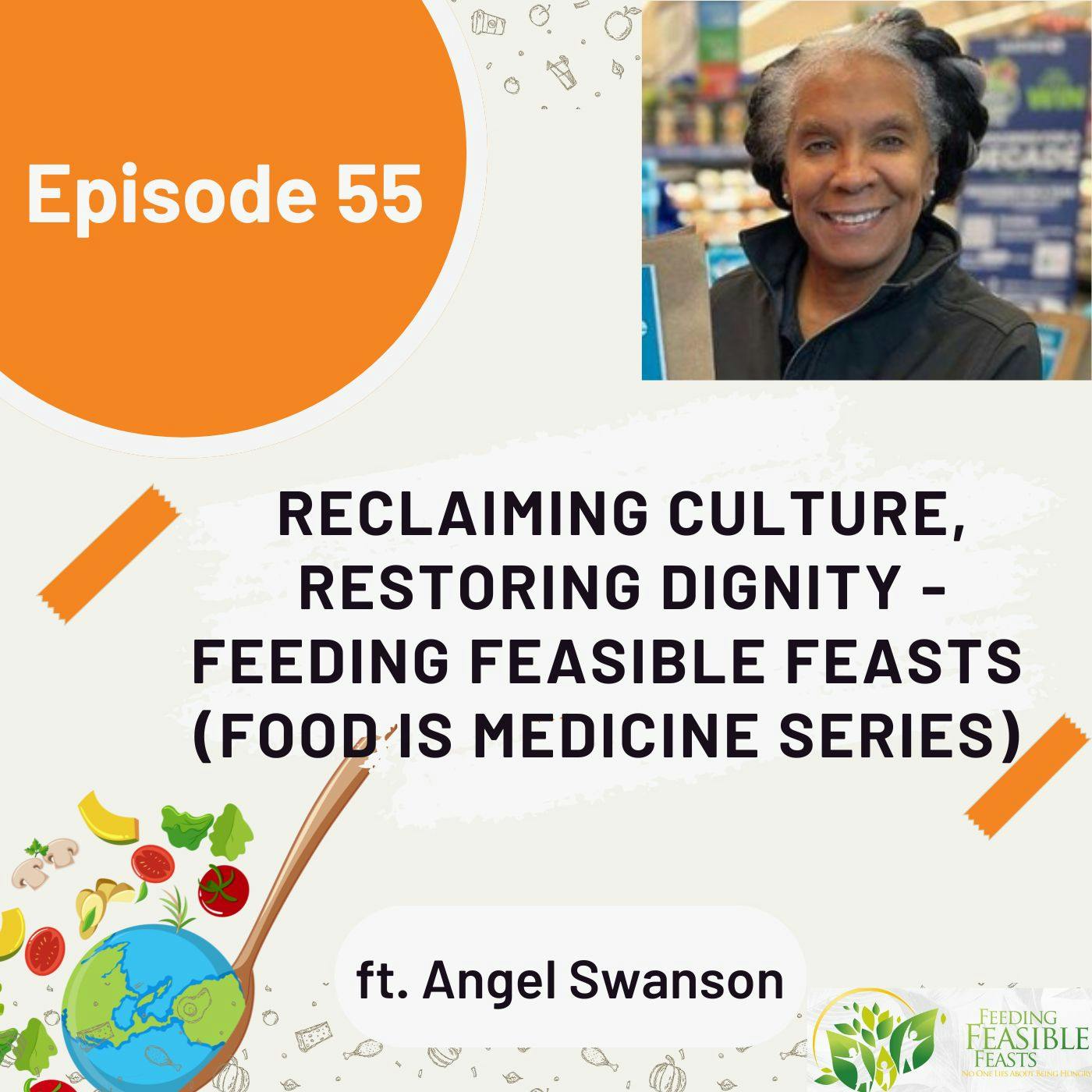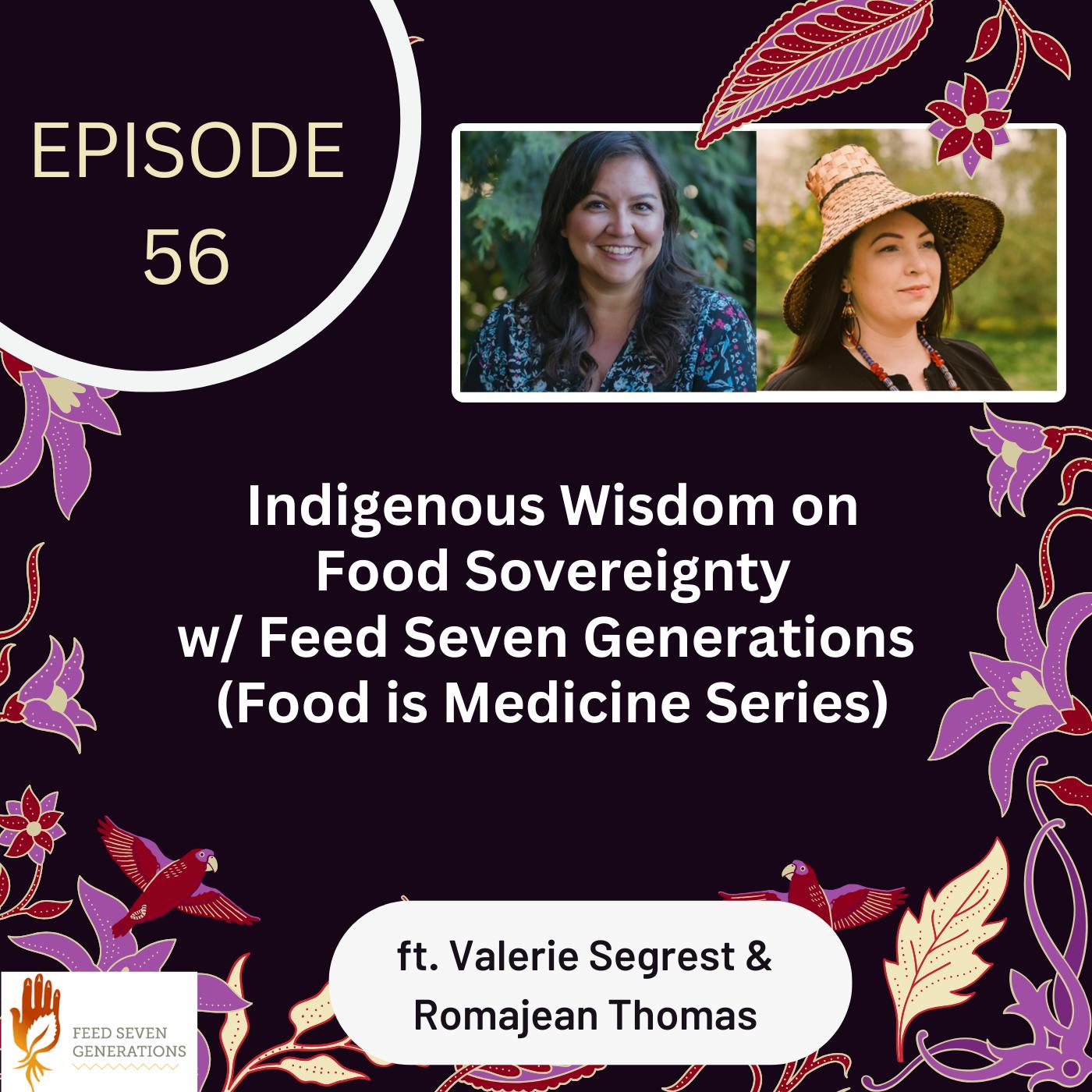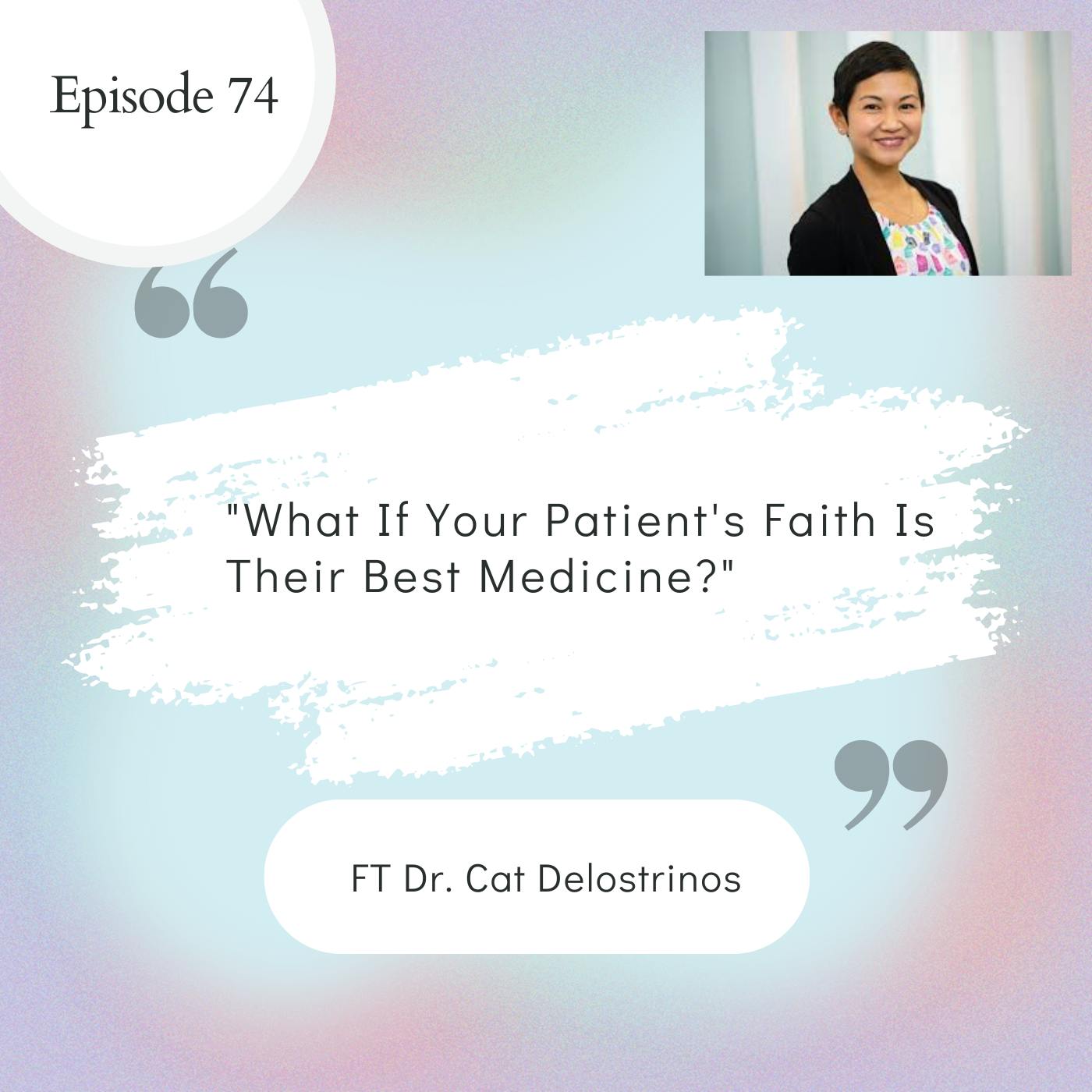35 I Therapeutic Violence—How Mental Healthcare Falls Short in Immigrant Communities


This episode features community leaders and prior podcast guests Ahmed Ali, Joseph Seia, Jennifer Huong, James Hang, and Morhaf. The episode delves into the complexities of mental health care within culturally diverse communities, emphasizing the need for culturally competent and trustworthy healthcare professionals and the challenges of language barriers, historical oppression, and cultural stigmas. The conversation covers topics such as the historical context of mental health in immigrant communities, the need for redefining mental health based on core community needs, and the importance of storytelling and non-clinical, culturally sensitive spaces for mental health support. The panel also discusses the impact of historical oppression on language and healing practices and the need to restore and build upon traditional healing practices.
Timestamped overview
- 09:14 Ahmed Ali acknowledges ancestors, discusses mental health.
- 10:24 Language barriers hinder mental health understanding.
- 14:24 Strangers are reluctant to share stories without trust.
- 17:26 Discussion about lost languages and cultural healing.
- 24:32 James Heng's community health work in summary.
- 29:46 Challenges in access to healthcare for Pacific Islanders
- 34:57 Global doctors understand body well, but face barriers.
- 40:37 Trust is crucial in patient-provider relationships.
- 41:29 Pharmacist offers understanding and tailored treatment options.
Next Step:
Visit our website, Healthcare for Humans, and join our community to enjoy exclusive benefits at https://www.healthcareforhumans.org/support/.
- Support Our Mission: Non-clinicians, explore exclusive content and contribute to our collective journey.
- Be an Active Participant: Go beyond listening. Shape our narrative by co-creating episodes with us.
- Be part of our community by visiting https://www.healthcareforhumans.org/support/. Follow us on Instagram @healthcareforhumanspodcast

Ahmed Ali is a pharmacist by profession, one of the founders, and the current executive director of the Somali Health Board (SHB), a nonprofit organization that works to address health disparities within the Somali/East African community.
He is an active member of the Somali community, with an emphasis on immigrant/refugee health issues both locally and abroad. He also serves on diverse boards, including the King County Immigrant/Refugee Task Force, city of Seattle's Sweetened Beverages Community Advisory Board, as well as the Fred Hutchinson Health Disparities Community Advisory Board. Along with the SHB team, Dr. Ali is also a recipient of the 2016 Molina Healthcare’s Community Champions Award.

Executive Director
Joseph Seia is the Co-Executive Director of the National Association of Pasifika Organizations (NAOPO) and the founder of PICA-WA (Pacific Islander Community Association of Washington). He has 15 years of experience in direct service, youth development work, and nonprofit leadership & administration. He labors against the political erasure of Native Hawaiian & Pacific Islander (NH/PI) communities in data and policy by re-envisioning what it means for Pasifikans to feel cultural belonging in the U.S. Diaspora.

Khmer Health Board and Interpreter
My name is James Heng. I was born in Chumnich Village, Kampong Cham Province, Cambodia. I am the second generation that was held in Cambodia.
About 100 years ago, my grandparents migrated from China to Cambodia.
My grandpa was a hardworking man. Many years later, he owned a small business. He was able to make a good living for his family. Unfortunately, he lost everything during the Khmer Rouge’s occupation. He lost his home and some of his children.
Our family grew up in the countryside by the Mekong river. There was no running water or electricity. Our survival depended on the Mekong River, where we fetched water for cooking, bathing, swimming, and fishing for food. Our family survived the Khmer Rouge Regime.
I have ten siblings. I am the eldest. I have two sisters and seven younger brothers. Life was tough during my childhood. Daily, we barely had enough food to eat.
In 1983, I escaped Cambodia with my uncle, my aunt, my two and four years old cousins, and my uncle and aunt-in-law. We paid the smugglers about an ounce of gold per person to smuggle us to Thailand by boat. At dawn, they dropped us off at a remote area of one of the islands in Thailand called Ko Kut, about 20 km from Koh Kong, Cambodia. Then they left.
By morning, the Thai Navy took us into custody. Three days later, they pointed guns at us in the evening and ordered all 29 of us into a small abandoned boat. Its engine was broken. We were so scared and confused. They tied a rope to their Navy ship and towed us into the ocean. After a few hours, the… Read More

I was born in Kampong Cham, and raised in Phnom Penh, Cambodia. After Khmer Rouge, I escaped to Thailand refugee camps in 1981, where I spent about two years in several camps. In 1983 after spending 8 months in a Philippines refugee camp, I resettled in Salem, Oregon in mid-July 1983. I went to McKay High School and graduated in 1987. I moved to Seattle and went to Seattle Central Community College for two years, getting my AA degree. I started work at Refugee Women’s Alliance in Seattle, Washington in 1990 as a bilingual advocate for domestic violence. In 1994, I started work at Harborview Medical Center with the Community House Calls program founded by two medical directors. My role was and continues to be as a Cultural Mediator/Caseworker and Medical Interpreter. The program just had its 26th anniversary on April 18th, 2020. I was one of the first staff with this program, along with five colleagues from East Africa. The program now has ten caseworkers/ cultural mediators in the program, and we provide a bridge with patient/family/community and healthcare teams to provide culturally sensitive care In 2015, I completed my BA of Applied Behavior Science in Social and Human Services at Seattle Central Community College. Three years ago I was very fortunate to work with my colleagues from Public Health to start the Khmer Health Board (KHB). I am very proud and excited to see KHB established and moving forward with many generations that had passion and commitment to help our community.
















![[Trailer] Healthcare for Humans—What to Expect [Trailer] Healthcare for Humans—What to Expect](https://megaphone.imgix.net/podcasts/1748088c-745b-11ef-b672-27a51a3b1b29/image/71de6bc878efe1b9d2b4111e38192435.png?ixlib=rails-4.3.1&max-w=3000&max-h=3000&fit=crop&auto=format,compress)